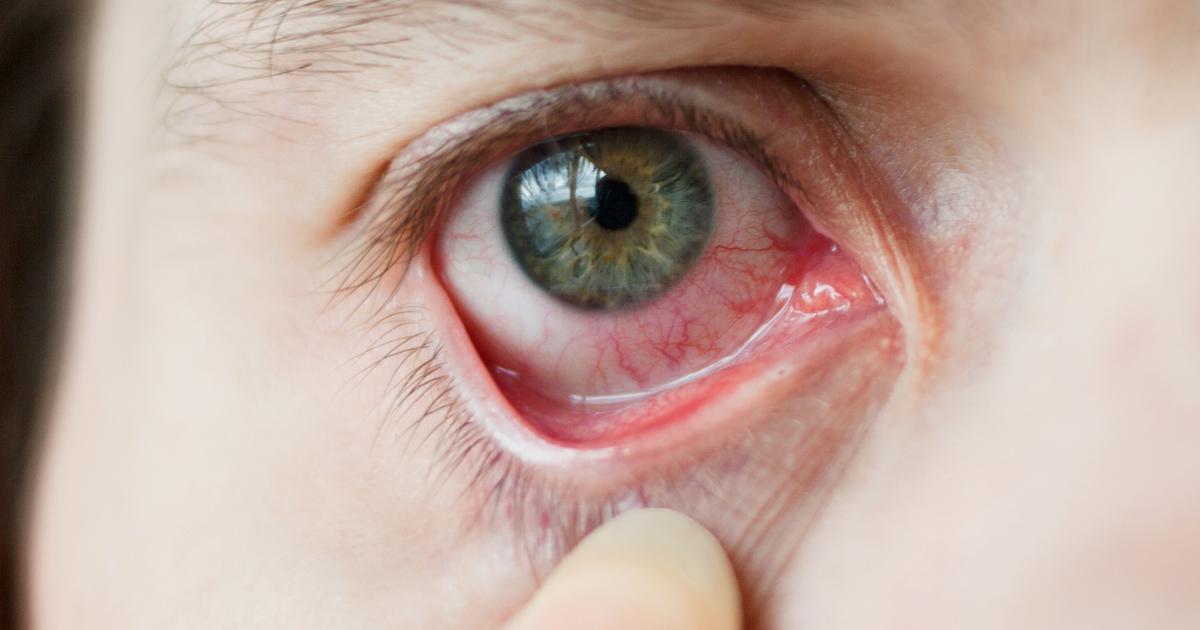Warning Signs Of Bell's Palsy
Dry Mouth And Dry Eye

Dry mouth, also called xerostomia, describes when the salivary glands do not produce an adequate amount of saliva to maintain proper moisture in the oral cavity. Dry eye is when the eyelid glands do not produce enough of a tear film to maintain the proper moisture and protective layer in the eye. Bell's palsy can cause the muscles that work with the parotid, sublingual, and submandibular salivary glands to become functionally impaired. This malfunction makes them unable to secrete an adequate amount of saliva. Likewise, Bell's palsy can cause the malfunction of the muscles and nerves that operate the meibomian and lacrimal glands, which stops tears and oils from reaching the surface of the eye. These mechanisms are what produces dry eye and mouth in Bell's palsy.
Learn more about the warning signs associated with Bell's palsy now.
Issues Drinking And Eating

The facial nerve affected by inflammation and swelling that occurs in Bell's palsy branches into numerous segments that maintain control over the muscles that move different parts of the face. One of these segments controls the individual's ability to use their tongue properly when they are eating and drinking. The tongue plays a large role in chewing and propelling food to the back of the mouth for swallowing. Sensation in the tongue is also provided by branches of the facial nerve, which can make it difficult for an individual to use it properly when speaking. Another branch from the facial nerve controls an individual's ability to close their mouth and hold their lips in a position that keeps food and drink from spilling out when they are chewing and swallowing. An affected individual may not be able to position their lips around a cup or eating utensils due to paralysis of these muscles, which results in the leakage of food and or drinks from the mouth.
